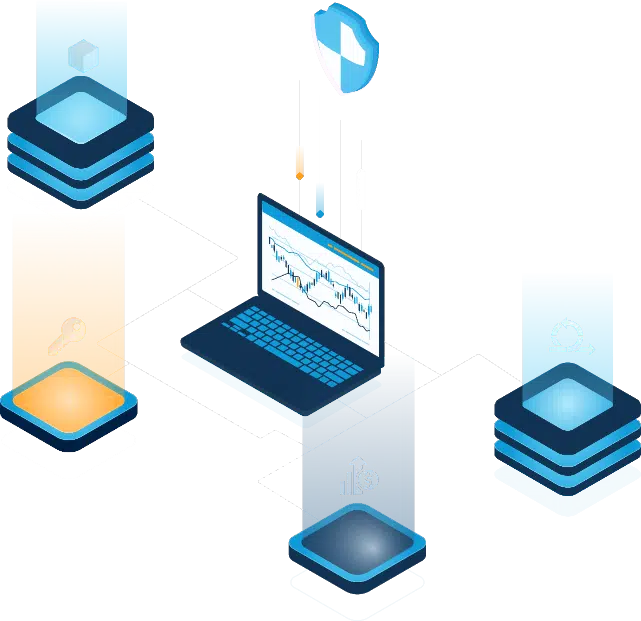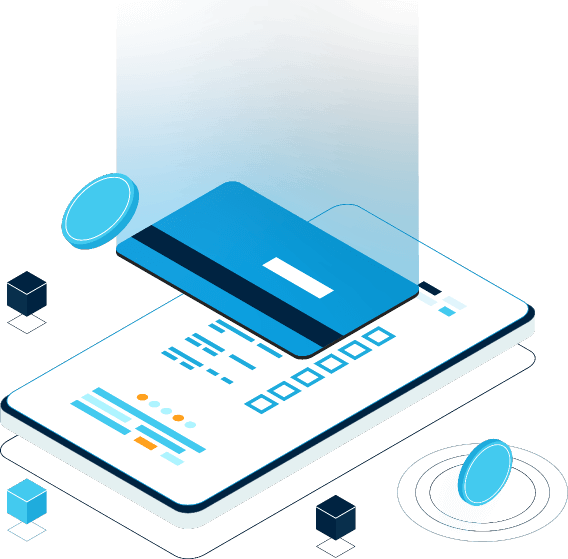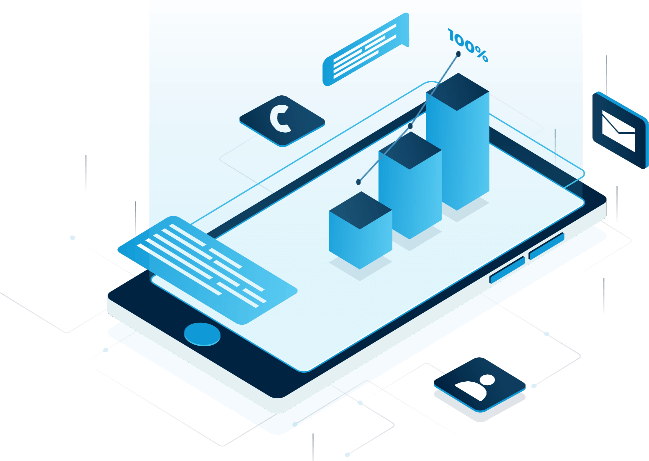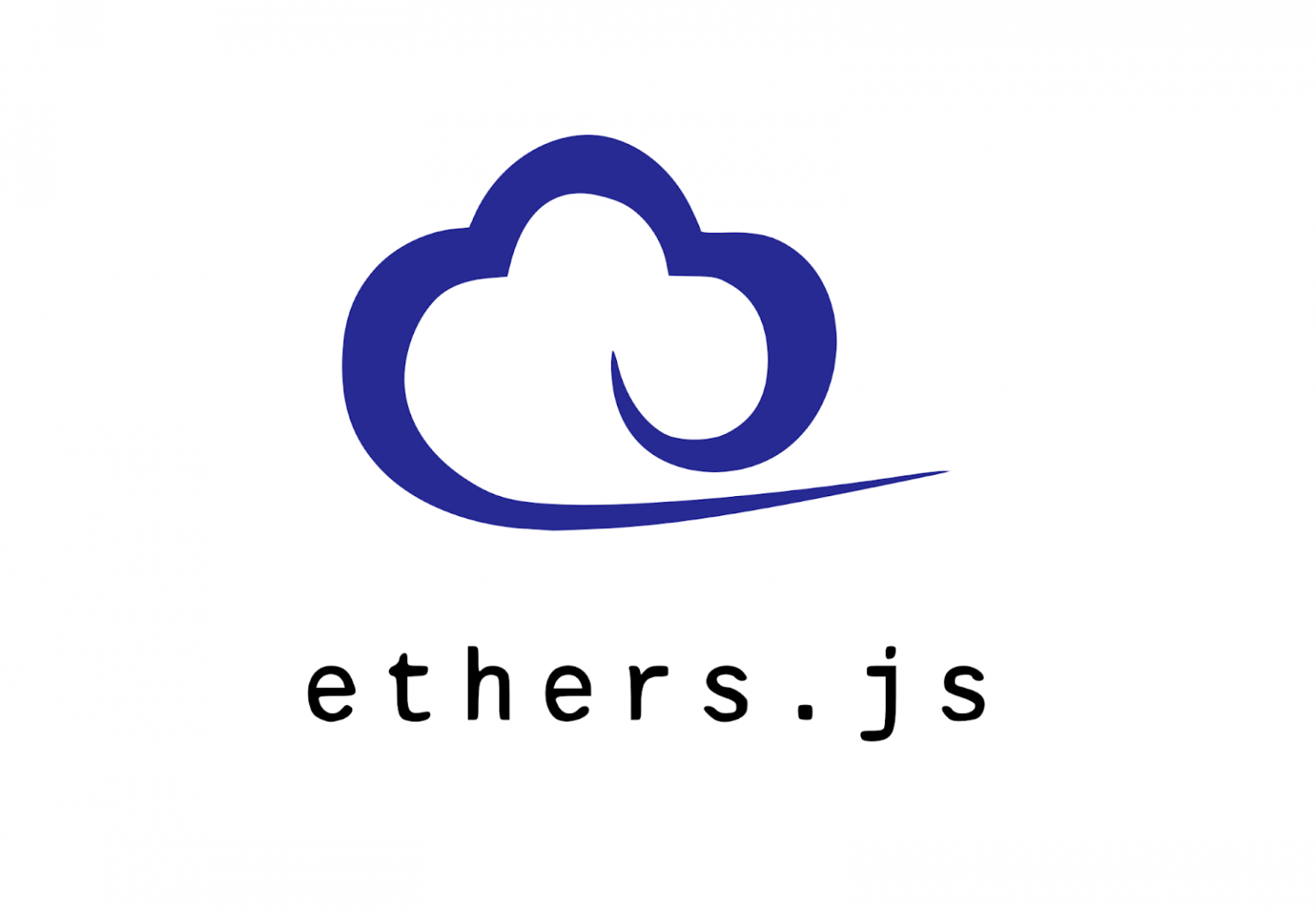Embrace secure, agile, and cost-efficient structures


The implementation of blockchain in government sector can bring multiple benefits, such as data protection, efficient processes, and decreased occurrences of fraud, waste, and abuse. In addition, it can enhance trust and accountability within the system. In a blockchain-based government model, a decentralized ledger secured by cryptographic techniques enables individuals, businesses, and governments to share resources without the need for intermediaries. This approach minimizes the risk of a single point of failure and ensures the safeguarding of sensitive data belonging to citizens and government entities.
Addressing the glitches in the new yet promising trading practice, Bloom Genesis provides a comprehensive suite of digital asset management solutions to empower the otherwise confused investor. For ordinary traders who are challenged with thorough understanding of market behaviors, Bloom Genesis handpicks the most appropriate tokens as per your expectation and registers you to the relevant exchanges that trade them.
We trade on the most efficient crypto fund management platform that provides unmatched exposure to the best performing crypto asset class. Our investment strategy targets the most liquid type of crypto assets that have proven their potential in the time series analysis. Furthermore, our test trading techniques have persistently outperformed others with higher returns and lower risk statistics.







Numbers speak louder than words! Here is what makes us a trusted name for blockchain game development.

























Integrating blockchain into game development offers several advantages:
True Ownership of In-Game Assets: Blockchain allows players to have true ownership and control over their in-game assets.
Enhanced Player Engagement: Blockchain games often introduce unique gameplay mechanics and economic models that incentivize and reward players.
Decentralized and Transparent Economy: Smart contracts and blockchain technology enable secure and trustless transactions, eliminating the need for intermediaries.
Anti-Cheating and Fraud Prevention: Blockchain's immutability and decentralized nature can help combat cheating and fraud in games.
Innovative Funding Models: Through Initial Coin Offerings (ICOs) or token sales, businesses can directly raise funds from the community, reducing reliance on traditional funding sources.